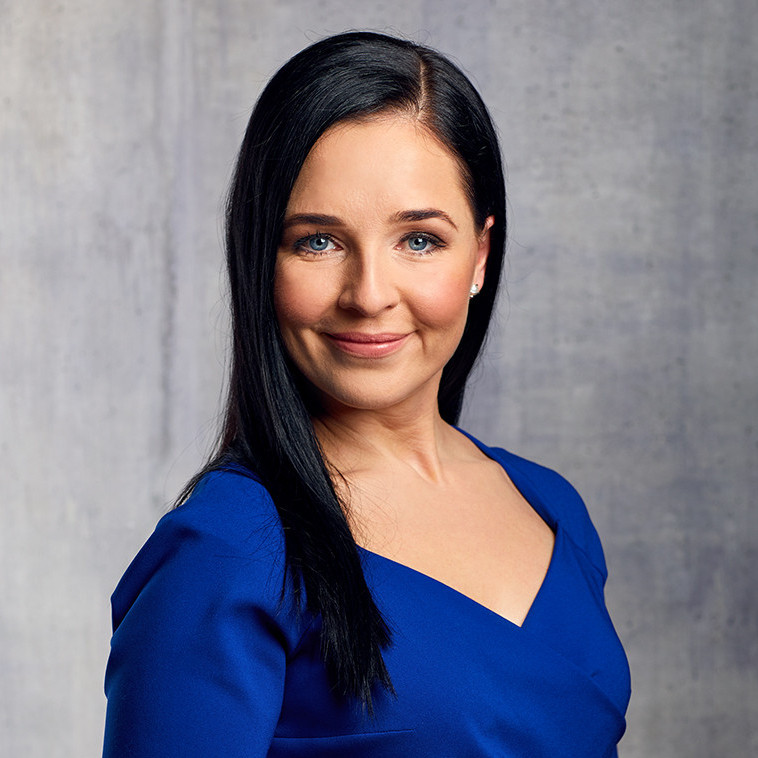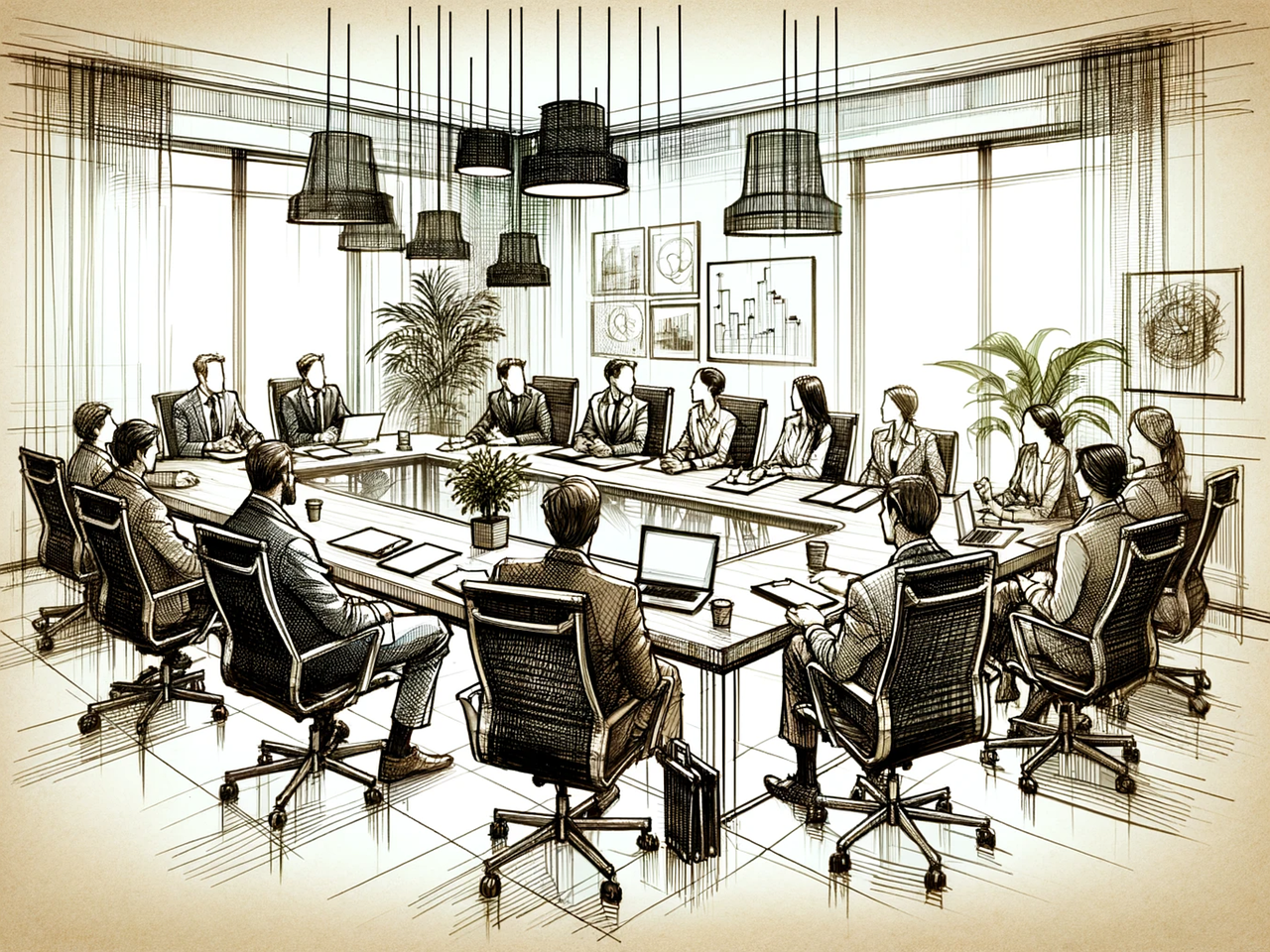Consortium building and the involvement of the best experts is one of the most important steps of the project development. The project team is working hard together for several months on the proposal to be successful and to receive a positive evaluation. As a result of the persistent and thorough work we arrive to the kick-off meeting where all the partners can meet for the first time.
This will be the first event where you can meet with all the experts you worked with previously, and with further colleagues who will be responsible for the project implementation at the partner organisation. It happens more and more often that your contact person is a young project manager, a young researcher, who is supposed to have the general overview of the project structure; who is responsible for the deliverables and their timely submission; for the budget control and for the monitoring of the project activities. This young manager will participate in the project meetings and represent the position of his/her institute.
In many cases the young project manager can hit the wall, because the senior, more experienced managers and researchers do not treat her/him as an equal partner. How can we overcome this gap? How can a young manager/researcher get accepted? What is the best attitude from the senior researchers?
Although in many cases we do not pay a particular attention to this issue but it is important to handle it from the beginning because the conflicts may hinder the implementation of the project.
The possible solution needs to be approached from two sides, as the attitude of the young researcher is just as important as the senior researcher’s attitude.
As I am one of the young managers with 3,5 years of experience I believe that the young, less experienced person has to make the first steps. A lot depends on our style/attitude while we are expressing our opinions and suggestions. It is not surprising that young people have different understanding of the world and they would use new innovative approaches, which don’t necessarily reflect the views of the seniors.
In this case it is important to bear in mind that the “self-assertive” “I will change the world” behaviour is not to best way to enforce our interest but the calm, professionally sound arguments and the well considered actions that reflect our full commitment and “lowliness” is much more effective.
I believe that the forward looking professionalism (in line with our experience), the commitment and the respect to the senior colleagues may help you soon to be treated as an equal partner.
I have to highlight that the attitude of the senior researcher is also important. They should be able to accept that not all the young managers are "Pretenders", and the new approach of the young people can be an added value during the project implementation.
Young people should get professional help and guidance, which not only supports the skills development of the young researcher but the conflict-free cooperation and the supportive environment contributes to the project achievements. If the seniors cannot treat the young colleagues as equal partners, they should become tutors, mentors.
During my first project due to age and experience difference I've had to go through some difficulties but as I mentioned above, it is possible to surmount to this. I am grateful to my partners that they were helpful, partly this is the reason why we are still good colleagues.
I'm sure that most of us have been in a consortium where the partners with different age and years of experience worked together.
Does the age difference or the different level of experience cause any problem for you? If yes, how did you overcome this situation? What was the good solution? Was there any good solution?
If you wish, please share your thoughts, comments! Let’s help each other!






